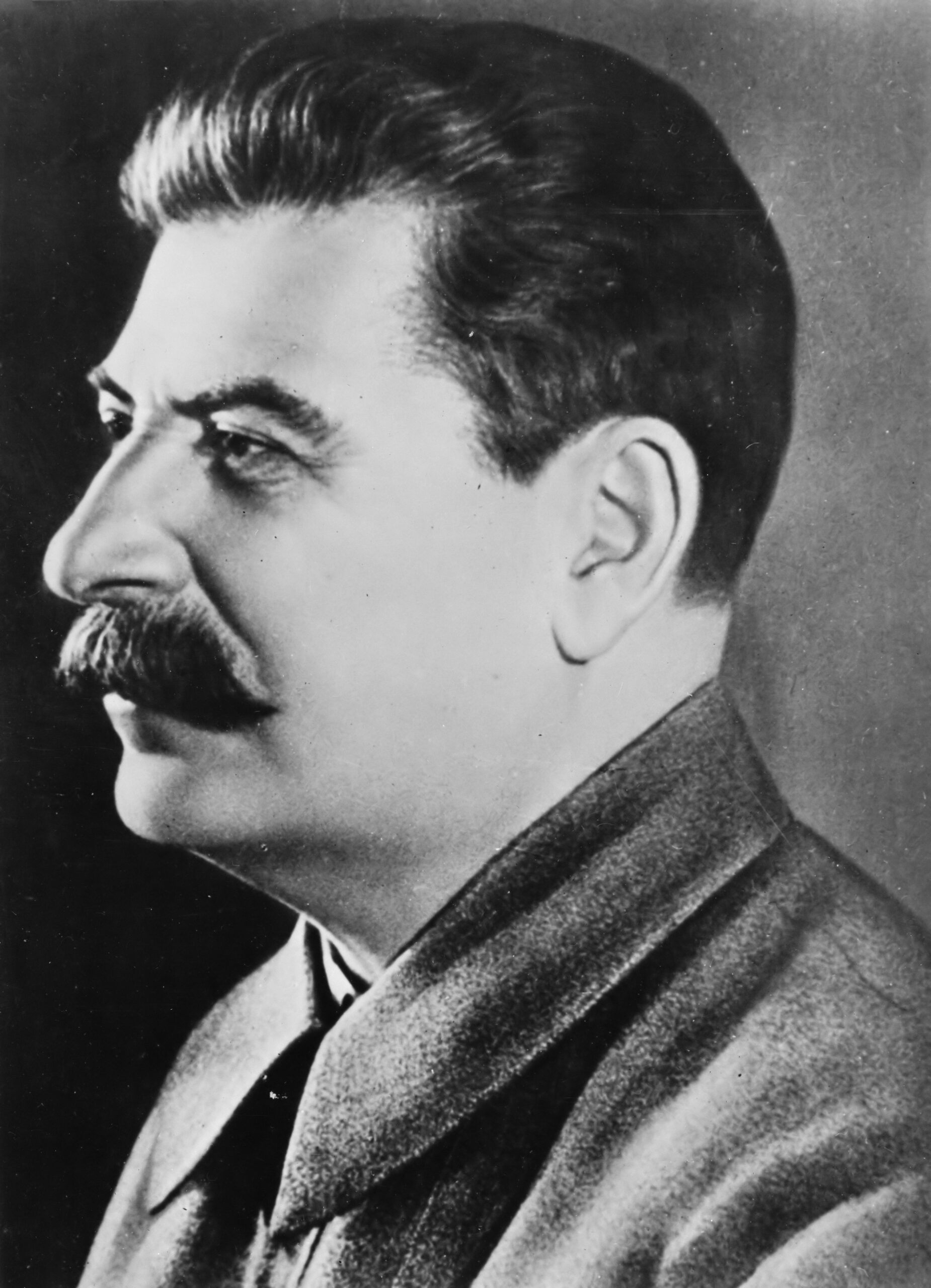1. The Iron Fist of Joseph Stalin
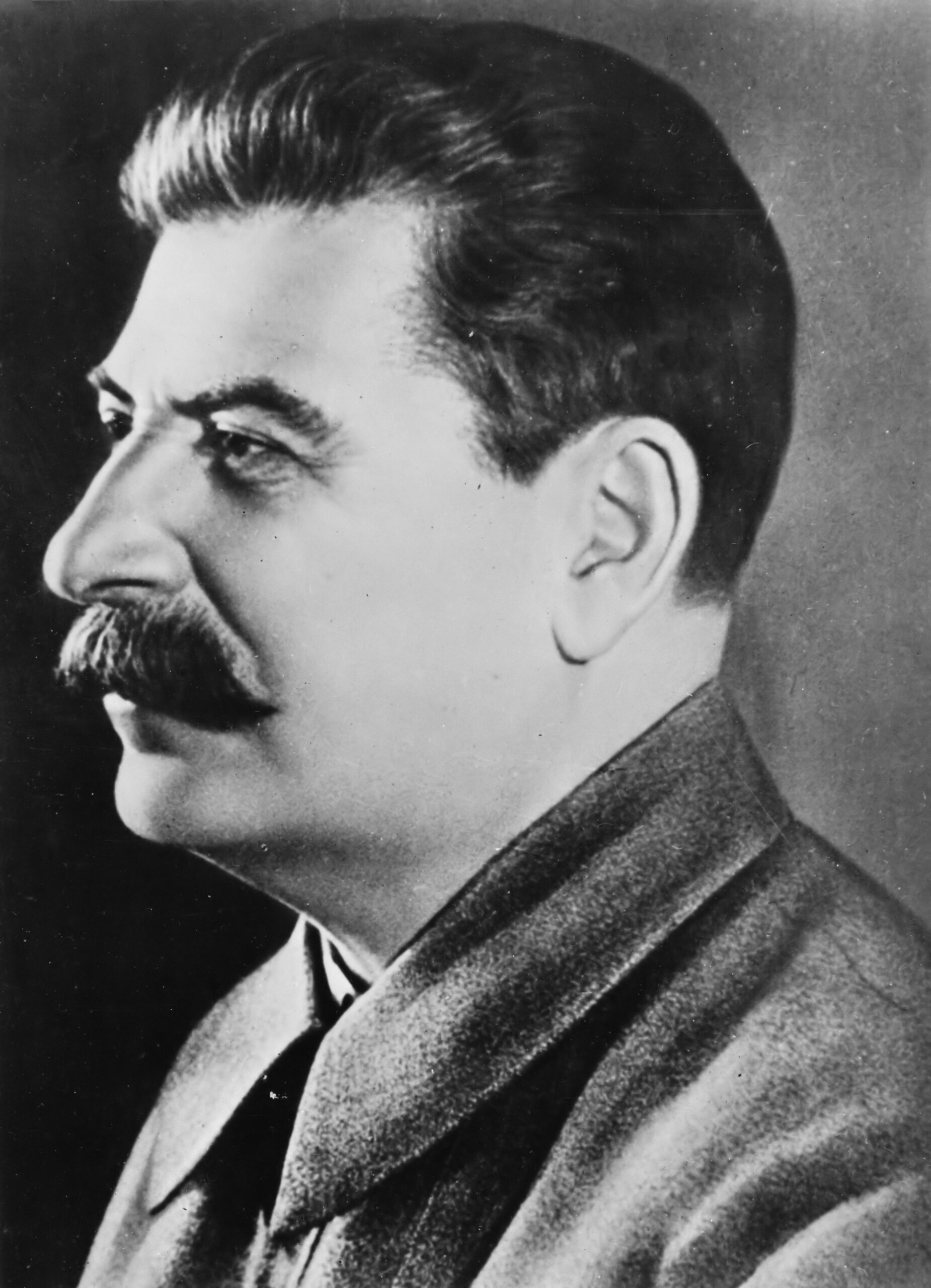
Joseph Stalin, the leader of the Soviet Union from the mid-1920s until his death in 1953, is a figure whose rule is often associated with terror and tyranny. He transformed the Soviet Union into a major world power, but not without a significant cost. Stalin’s reign was marked by the Great Purge, where he systematically eliminated political rivals, real or perceived, resulting in the execution and imprisonment of millions. Under his rule, the USSR saw rapid industrialization, but it came at the expense of widespread famine and suffering, most notably the Holodomor in Ukraine. Stalin’s policies reshaped the Soviet Union, but his methods remain a chilling testament to the lengths he would go to achieve his vision.
2. Mao Zedong’s Unyielding Grip in China
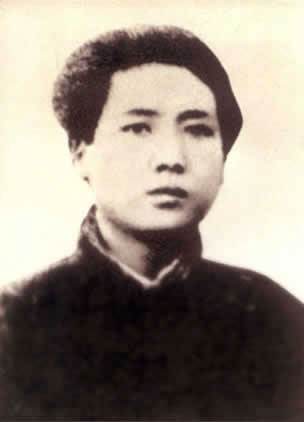
Mao Zedong, the founding father of the People’s Republic of China, led the country from 1949 till his death in 1976. His leadership was marked by radical reforms like the Great Leap Forward and the Cultural Revolution. These policies aimed at transforming China into a socialist society, but they resulted in economic disarray and the deaths of millions due to famine and political persecution. Mao’s vision for China was one of unity and strength, but his methods created a legacy of fear and devastation. Despite this, he is still revered by some for his role in establishing a modern China.
3. Pol Pot’s Reign of Terror in Cambodia
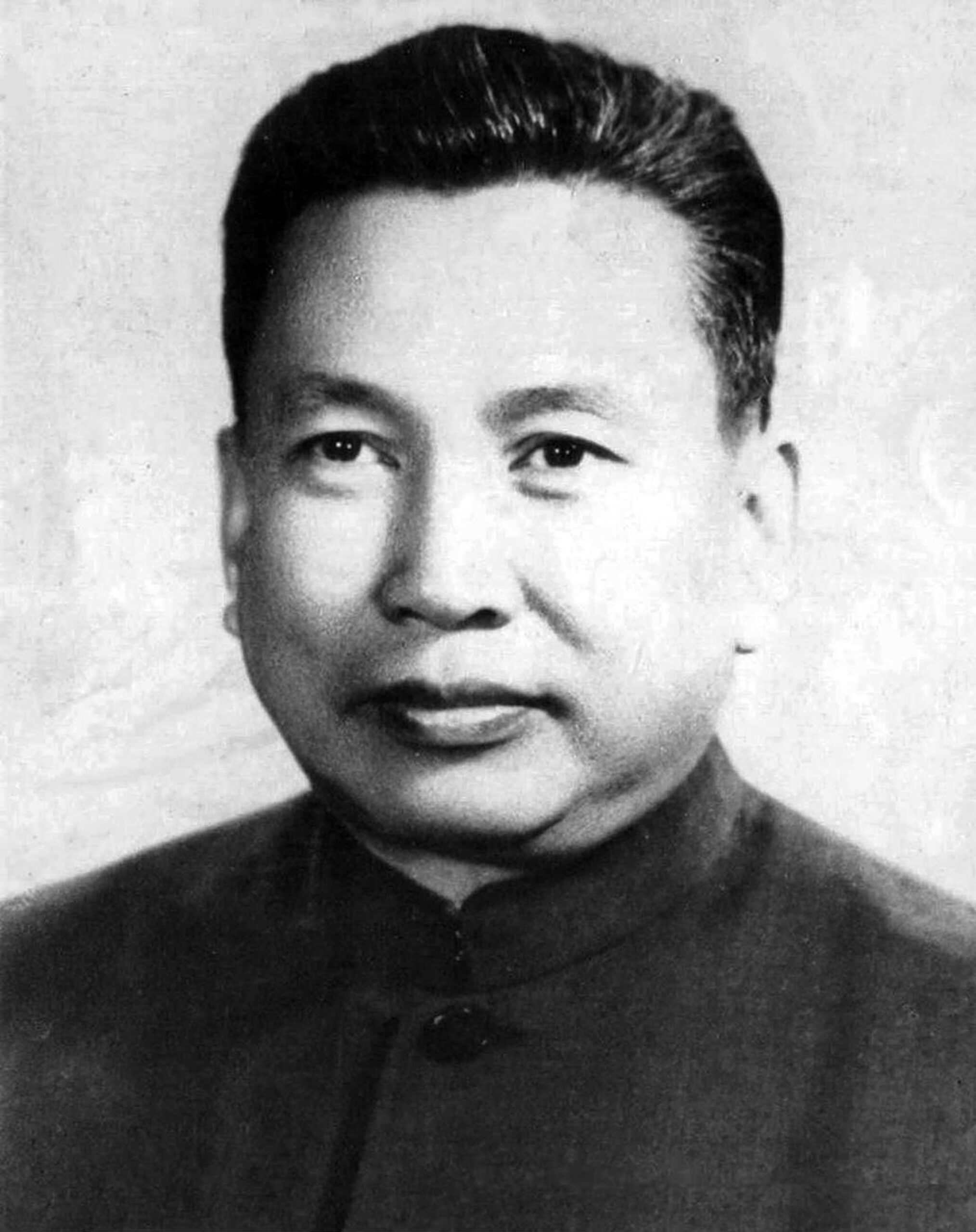
Pol Pot led the Khmer Rouge in Cambodia from 1975 to 1979, overseeing one of the most brutal regimes in modern history. His vision was to create a classless agrarian society, which he pursued by evacuating cities and forcing the population into labor camps. This radical transformation led to the deaths of an estimated 1.7 million people, roughly a quarter of Cambodia’s population at the time, through starvation, forced labor, and execution. Pol Pot’s ruthless policies left Cambodia in ruins and his name synonymous with genocide.
4. The Ruthlessness of Adolf Hitler
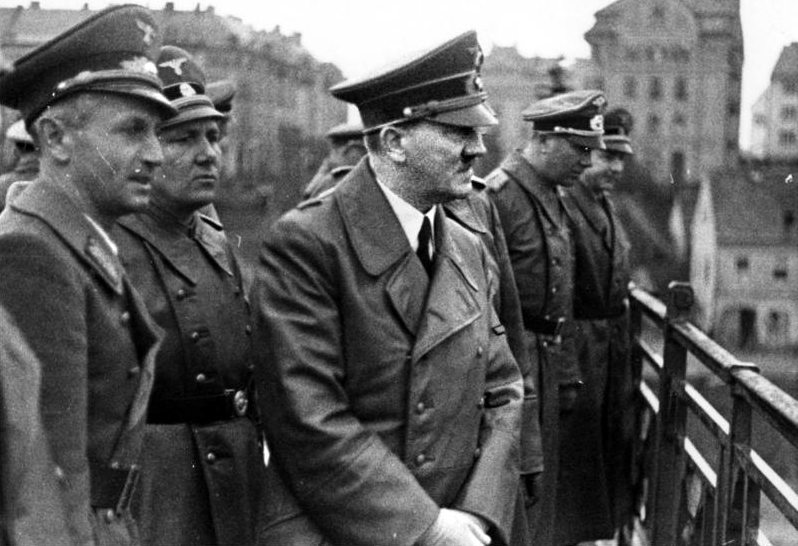
Adolf Hitler’s rule over Nazi Germany from 1933 to 1945 is known worldwide for its unprecedented cruelty and aggression. His vision of an Aryan master race led to the systematic genocide of six million Jews in the Holocaust, along with millions of others deemed undesirable. Hitler’s aggressive expansionist policies plunged the world into World War II, resulting in the deaths of tens of millions. His ruthless leadership transformed Germany into a war machine but ultimately led to its downfall and division.
5. The Brutality of Saddam Hussein
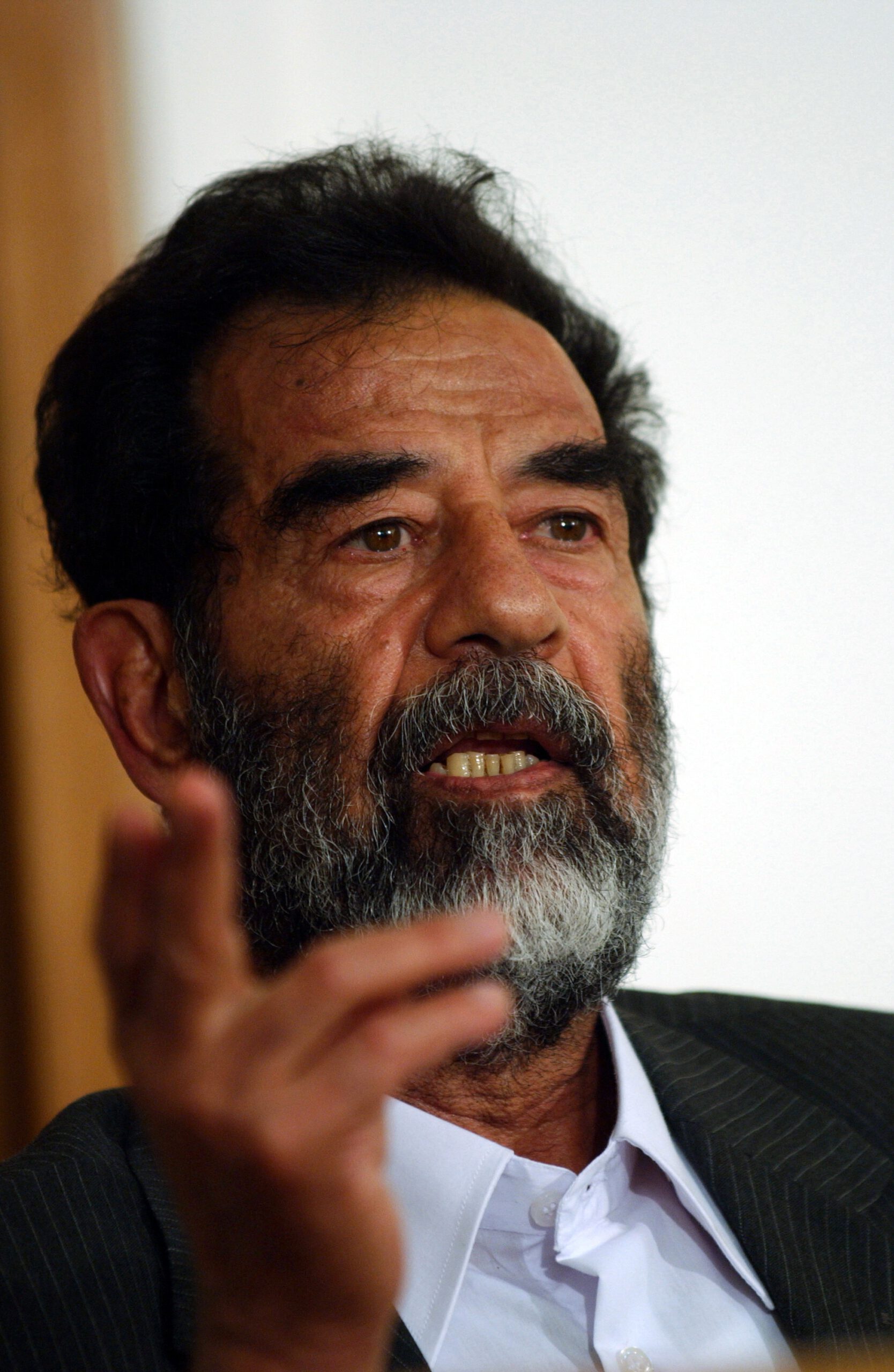
Saddam Hussein ruled Iraq with an iron fist from 1979 until 2003. His presidency was marked by brutal purges, wars, and human rights abuses. Hussein’s vision for Iraq included modernization and regional dominance, but his methods included chemical attacks against the Kurds and the persecution of political opponents. The Iran-Iraq War and the invasion of Kuwait under his leadership led to international condemnation and economic sanctions. Although he brought some modernization to Iraq, his ruthless tactics left the country isolated and scarred.
6. Kim Il Sung’s Totalitarian North Korea
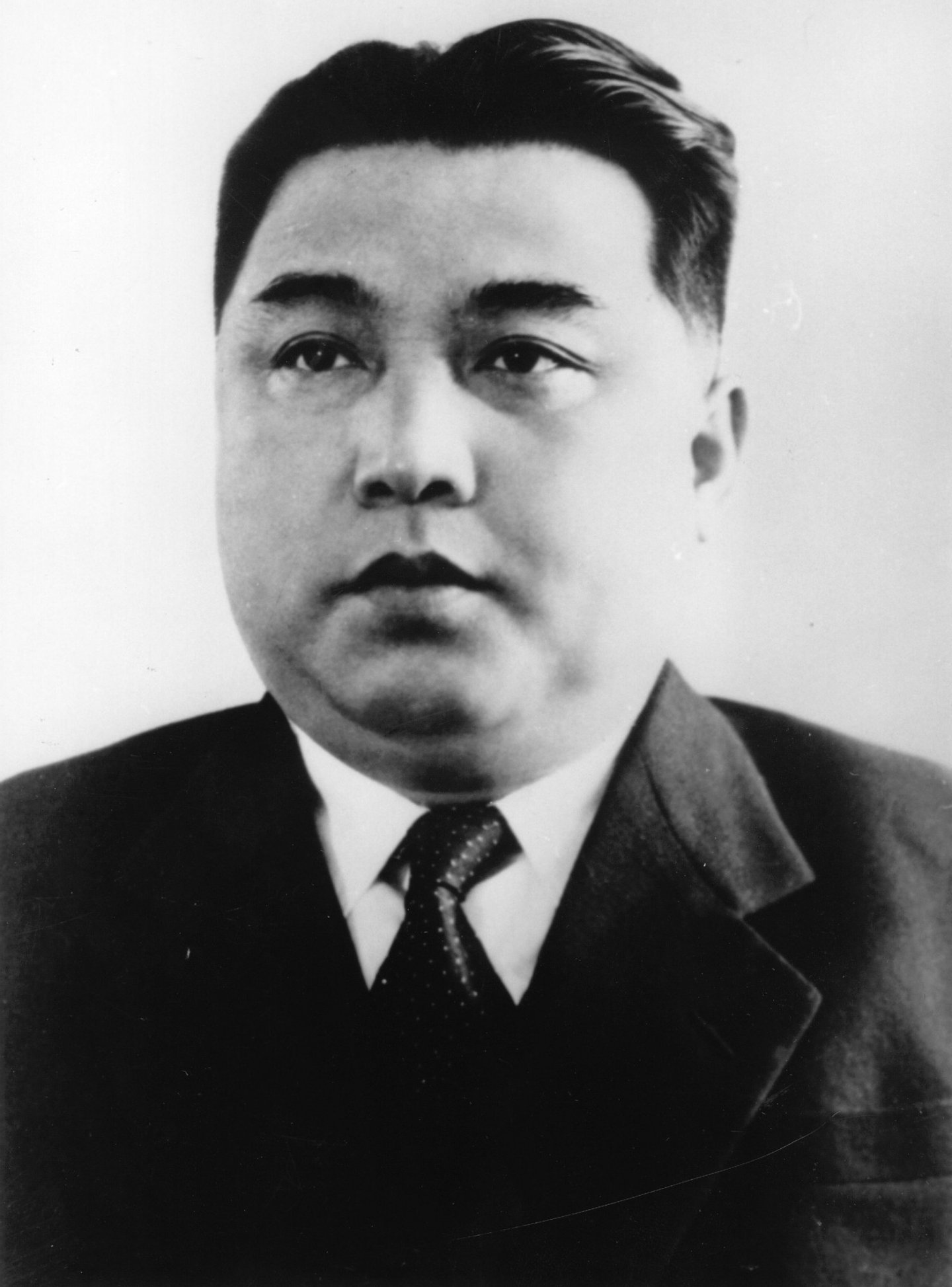
Kim Il Sung established North Korea as a totalitarian state after World War II and ruled until his death in 1994. His leadership style was marked by extreme isolationism, a cult of personality, and a rigid control over the populace. Kim’s vision was to create a self-reliant, militarized nation, which he pursued through oppressive policies and propaganda. The Korean War, initiated under his rule, left the Korean Peninsula divided and devastated. Kim Il Sung’s legacy continues to influence North Korea’s political landscape to this day.
7. The Cruelty of Francisco Franco
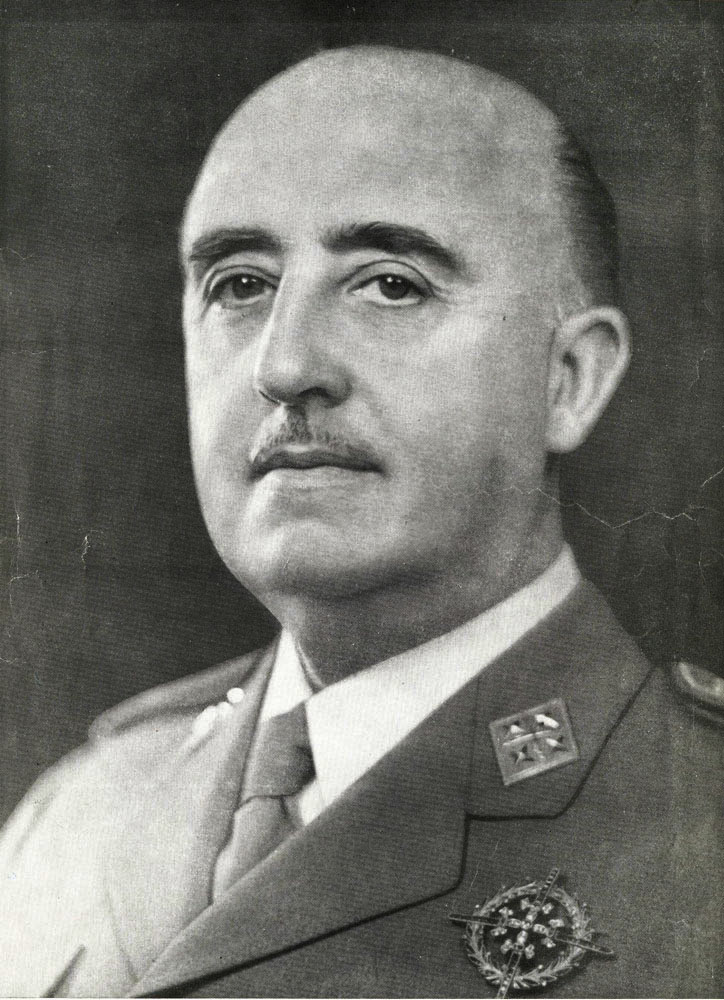
Francisco Franco ruled Spain from 1939 until his death in 1975, following his victory in the Spanish Civil War. As a dictator, Franco’s regime was marked by repression, censorship, and economic control. His vision for Spain was one of national unity under a single-party state, achieved through brutal suppression of opposition and minority cultures. Franco’s policies transformed Spain into a conservative, authoritarian regime, but his dictatorship also left deep scars on Spanish society.
8. The Despotism of Idi Amin

Idi Amin seized power in Uganda in 1971 and ruled until 1979. His reign was characterized by extreme violence, human rights abuses, and economic mismanagement. Amin’s vision for Uganda involved expelling the Asian minority, which led to economic collapse and international isolation. Under his leadership, an estimated 300,000 Ugandans were killed, and many more were tortured and displaced. Amin’s ruthless rule left Uganda in chaos and despair, with lasting impacts on its development.
9. The Tyranny of Nicolae Ceaușescu
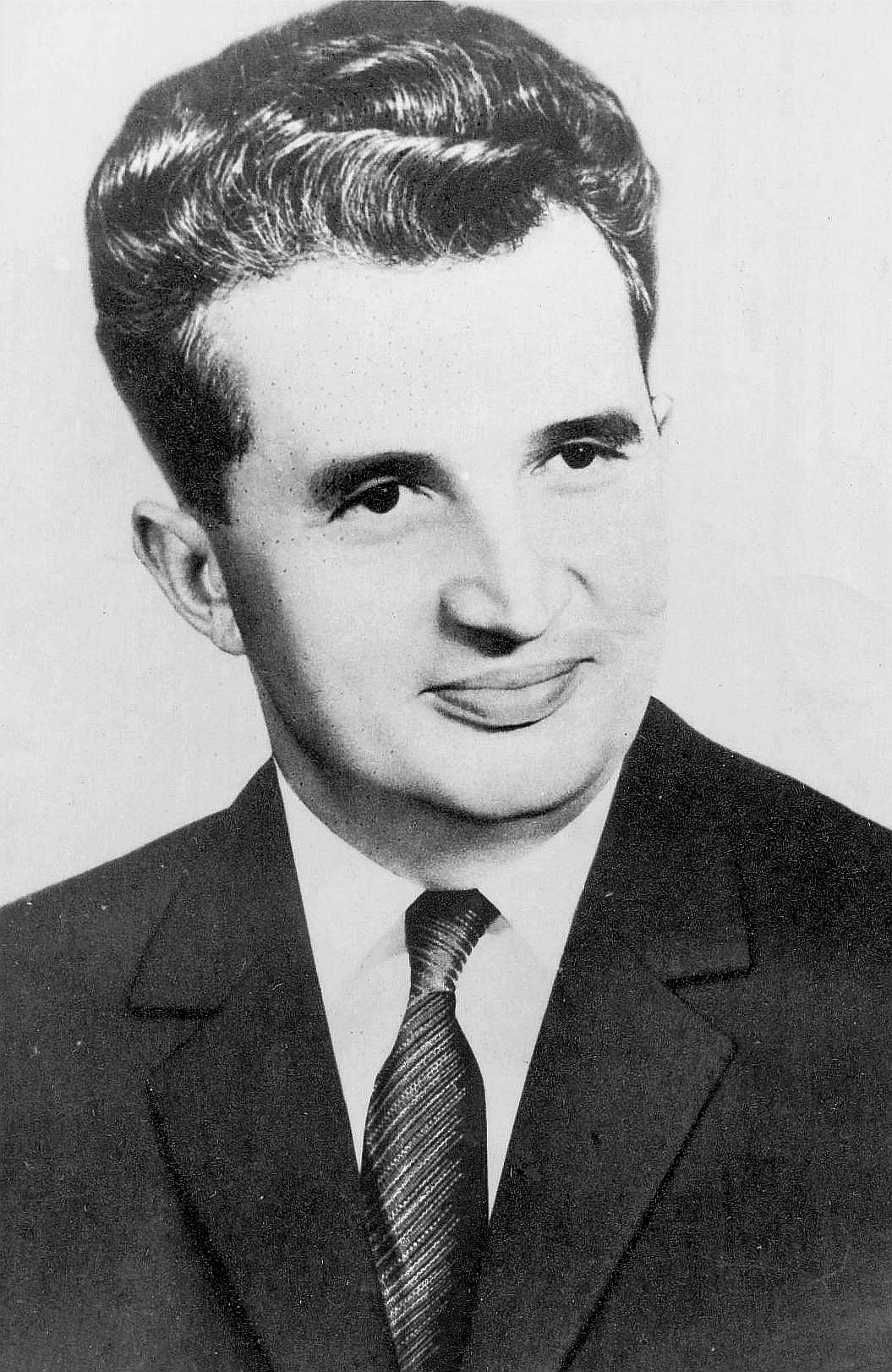
Nicolae Ceaușescu ruled Romania from 1965 until his execution in 1989. His leadership was marked by a brutal secret police force, censorship, and a cult of personality. Ceaușescu’s vision involved rapid industrialization and independence from Soviet influence, but his policies resulted in economic ruin and widespread poverty. His infamous austerity measures and the demolition of villages for urbanization projects further alienated the population. Ceaușescu’s ruthless rule ended with a violent revolution, leaving a complex legacy in Romania.
10. The Oppression of Robert Mugabe
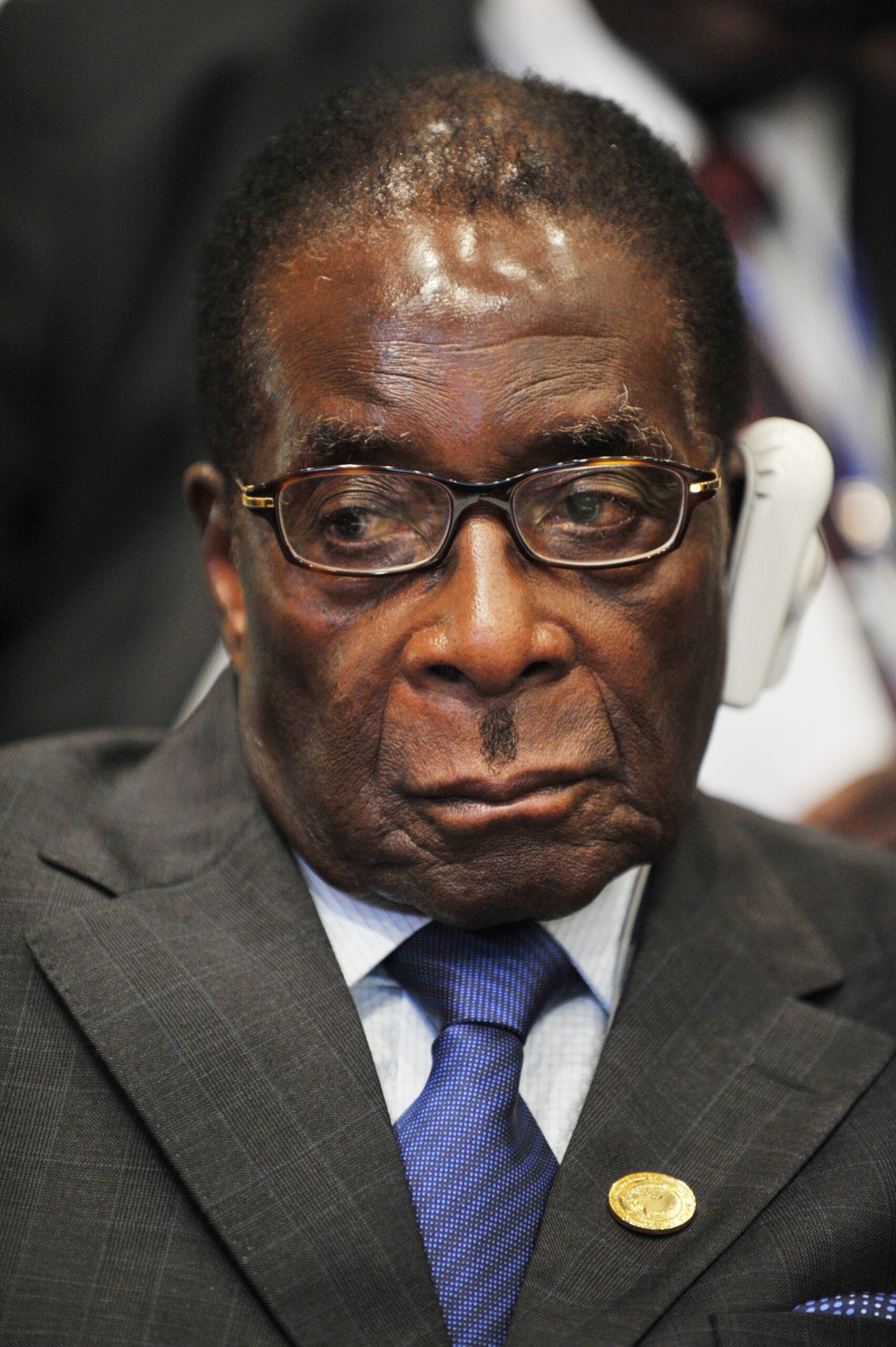
Robert Mugabe led Zimbabwe from 1980 to 2017, initially hailed as a liberation hero. However, his later years in power were marked by authoritarianism, economic collapse, and human rights abuses. Mugabe’s vision for Zimbabwe included land reform and empowerment for the black majority, but his methods included violent land seizures and political repression. His policies led to hyperinflation, unemployment, and emigration, transforming Zimbabwe into a nation of hardship and instability. Mugabe’s legacy remains controversial, with his early achievements overshadowed by his later tyranny.

